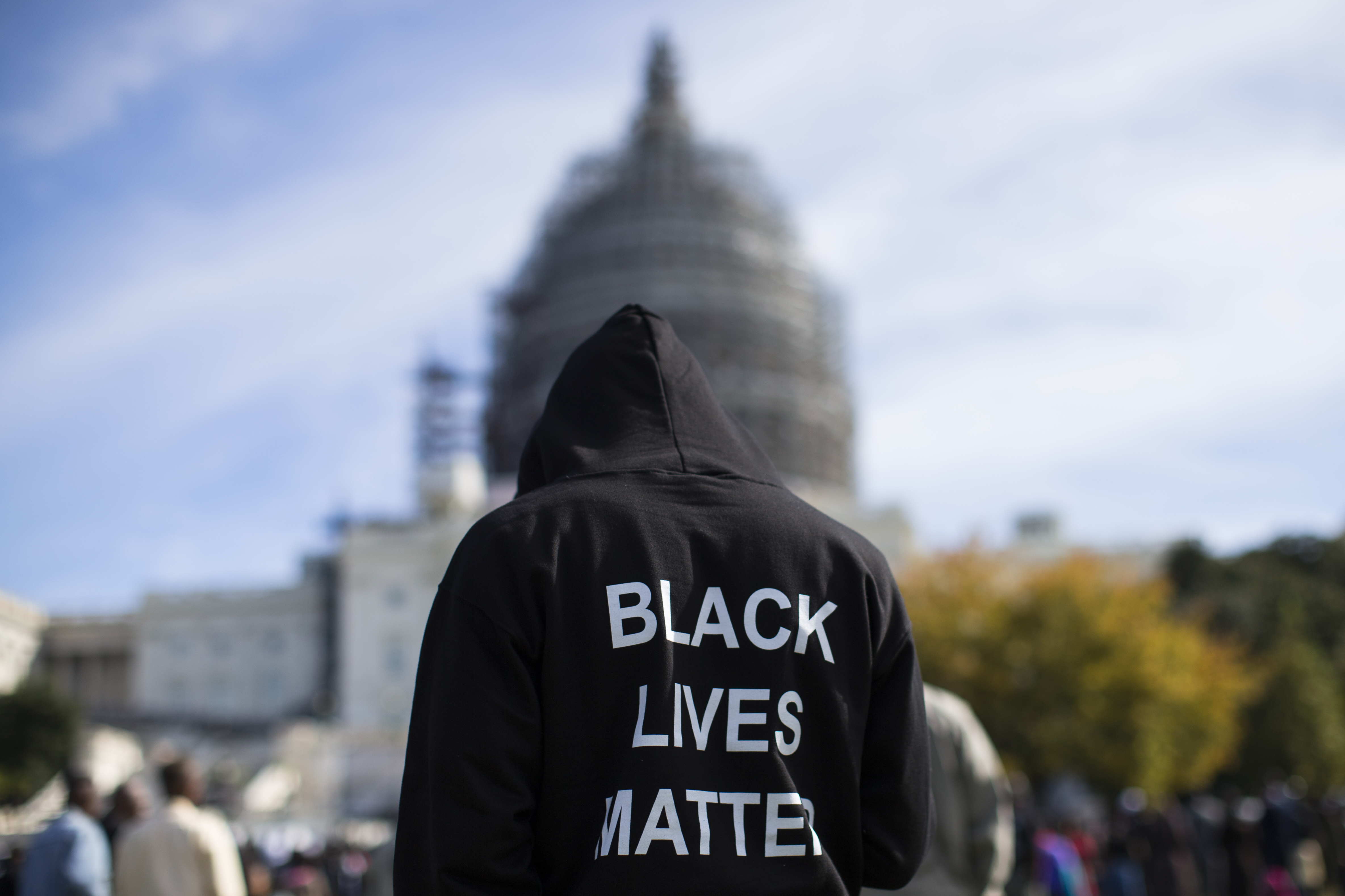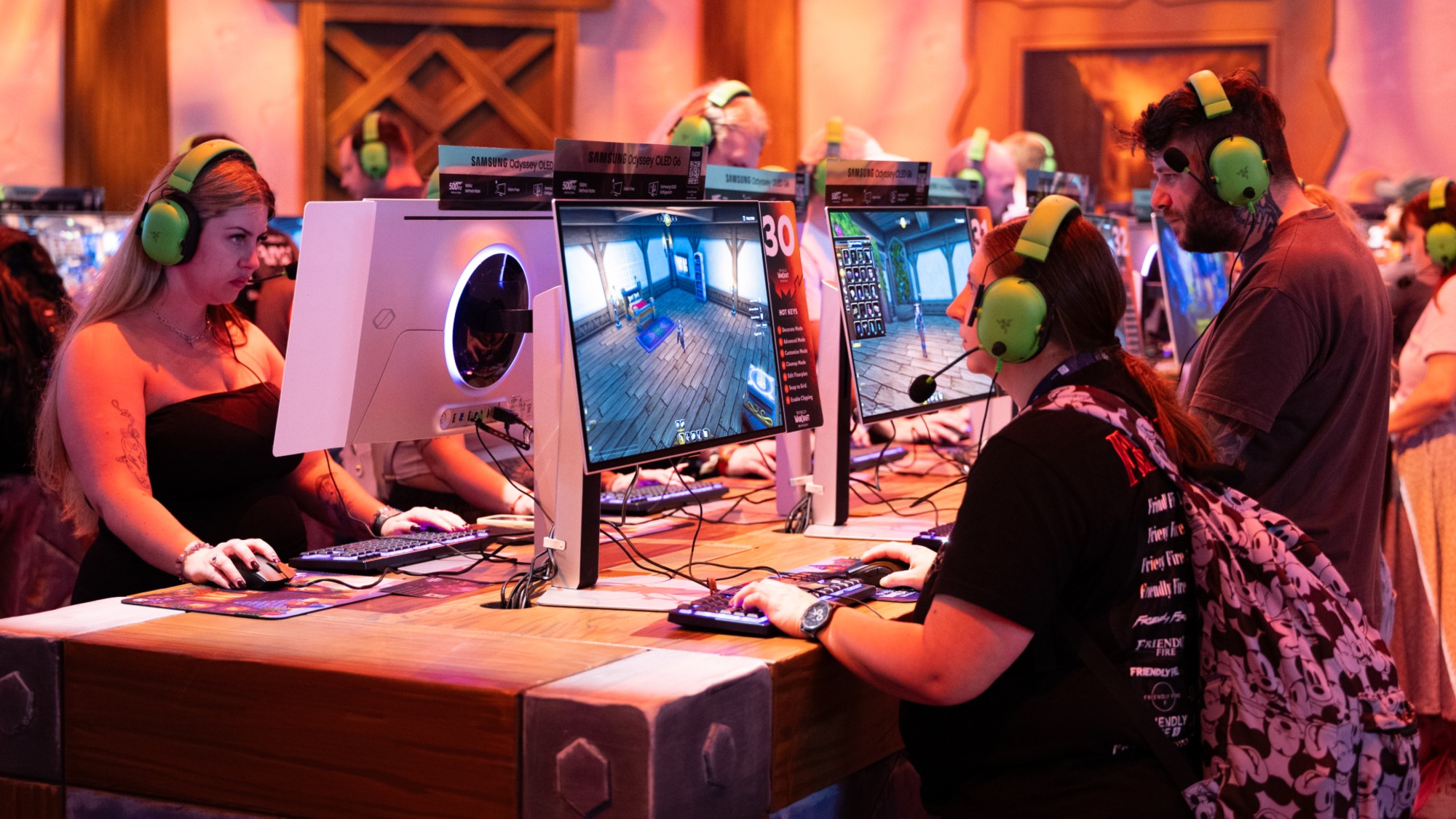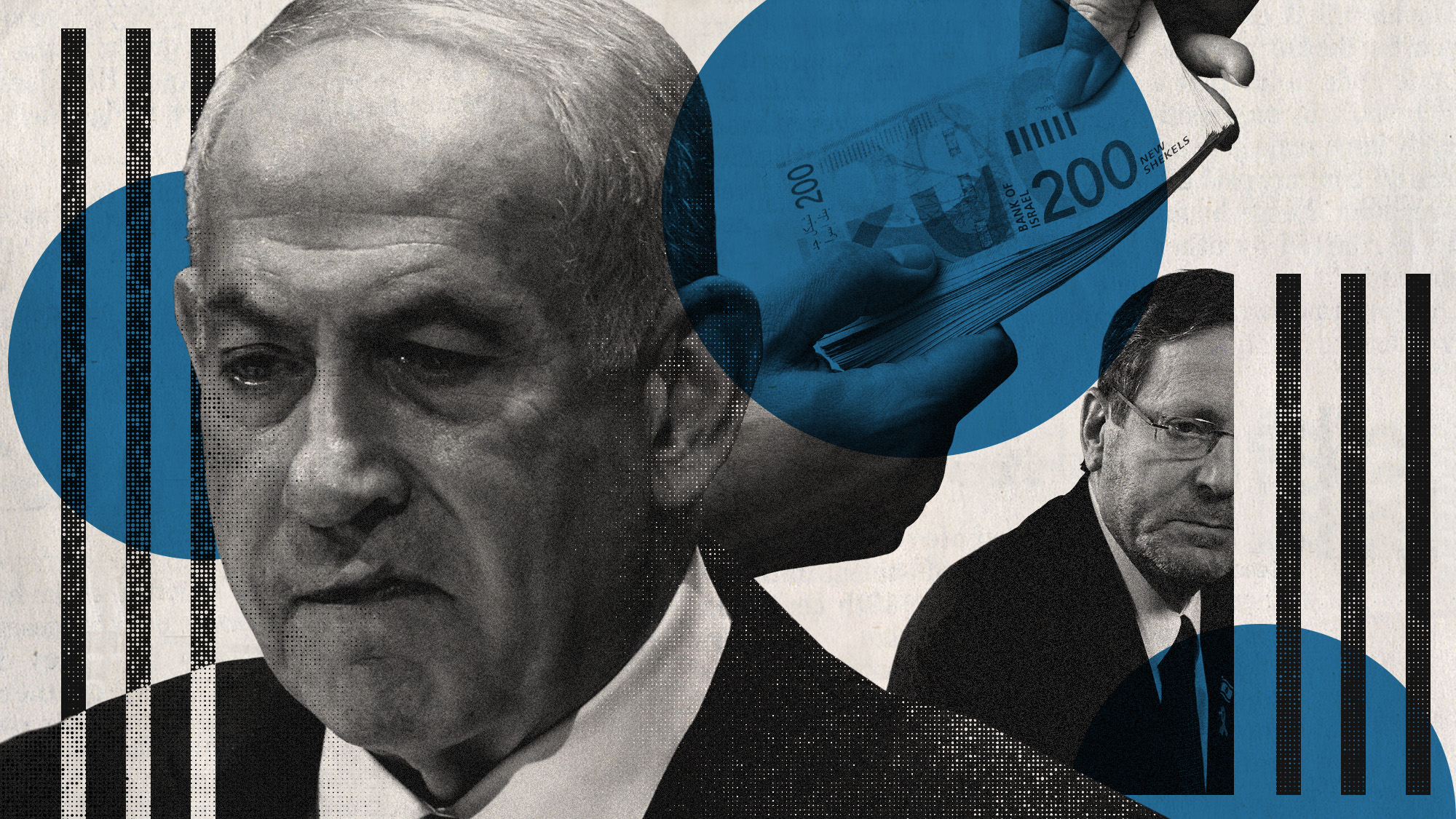Is Black Lives Matter turning socialist?
A new policy agenda puts BLM well to the left of Clintonite liberals


At the socialist caucus during the Democratic National Convention, various speakers emphasized that any left-wing movement must concentrate on racial justice. This is due not only to the fact that Bernie Sanders lost the Democratic primary because he did not win black voters, but also because American minorities make up a disproportionately large chunk of the working class. If any movement centered around providing justice to the bottom of the income distribution is to succeed, it simply must recruit black and brown people. Luckily, it already seems to have a willing partner.
A coalition of groups affiliated with Black Lives Matter, called The Movement for Black Lives (M4BL), recently released a remarkably detailed platform that should be very familiar to Sanders' revolutionaries. The most comprehensive look yet at the very sharp policy thinking developing in Black Lives Matter, it consists of six major sub-topics: criminal justice reform, reparations, local control, political reform, investment, and economic justice. Not all are classical socialism, of course. The part on criminal justice will be familiar to anyone who has been paying attention to developments since Ferguson, as will the section on reparations for readers of Ta-Nehisi Coates. The sections on local control and political reform are interesting, but ancillary to this particular debate.
But the remaining sections all add up to a hugely aggressive — and firmly leftist — economic program. It's got big progressive tax increases, federal job programs, environmental rehabilitation, breaking up the big banks, land reform, renegotiation of trade agreements, an increase in federal worker protections, federal help for black-owned institutions, universal health care, protection of workers' right to organize, and more.
The Week
Escape your echo chamber. Get the facts behind the news, plus analysis from multiple perspectives.

Sign up for The Week's Free Newsletters
From our morning news briefing to a weekly Good News Newsletter, get the best of The Week delivered directly to your inbox.
From our morning news briefing to a weekly Good News Newsletter, get the best of The Week delivered directly to your inbox.
This last item is a significant one. As Douglas Williams points out:
Going through the power and faults of the National Labor Relations Act in detail, the platform pulls no punches in discussing how companies that violate labor law are allowed to get away with those violations because they can accept the small fines as a cost of doing business, how the open shop is a threat to working people and how app-based companies like Uber and Lyft game the system through employee misclassification. By seeking to strengthen labor law and the right to organize, the platform seeks to make lasting material gains for black communities. [In These Times]
Unions are the traditional foundation of left-wing politics — and were largely abandoned by the Democratic Party during the turn to neoliberalism in the 1990s. This platform goes well beyond Clinton-style liberalism; at times, it basically mainlines Bernie Sanders.
The point here, though, is not to claim victory in an internecine spat between liberals and leftists. This is good policy and good politics. As I have argued many times, while the data on police violence badly needs improvement, there is a virtually ironclad circumstantial case that economic deprivation is a big part of the reason black people suffer disproportionately at the hands of cops and prisons. Poor people are vastly more heavily policed than middle-class ones.
And it's not just the criminal justice system. As of 2014, the uninsurance rate for black Americans is 4 points higher than for whites. As Williams points out, some 15,000 blacks die from complications of diabetes alone every year. The black unemployment rate is reliably about twice that of the white one. Median black wealth is a mere 12 percent that of median white wealth. What we call "the economy" is what governs much of daily life, from where we live to what we eat. Any politics focused on justice must take that into account.
A free daily email with the biggest news stories of the day – and the best features from TheWeek.com
And while many of the economic planks are black-specific, such as federal investment in the most devastated black communities, many others are universal. Universal healthcare would be just that. And union rights in particular must be extended to the entire working class. Black workers were disproportionately not unionized even during the high tide of the New Deal, in large part because of the prejudice of white union bosses and members. This was a disastrous mistake that fatally undermined unions' strategic position. No broad-based union movement can survive with big chunks of the working class left unorganized — and hence able to serve as low-wage competition or scabs.
This also broadens the political appeal of the M4BL agenda. It is only right and proper for black Americans to receive special consideration in some respects. But in a country that is still over 60 percent white, there must be buy-in from a big fraction of the white population in order for such a program to have a chance of actual passage. Universal benefits and worker protection fit that role.
All in all, this is a highly promising development. Black Lives Matter is not fizzling out. On the contrary, it is maturing into an enduring movement with a set of sophisticated policies that would provide real benefits not just to blacks, but America as a whole.
Ryan Cooper is a national correspondent at TheWeek.com. His work has appeared in the Washington Monthly, The New Republic, and the Washington Post.
-
 ‘They’re nervous about playing the game’
‘They’re nervous about playing the game’Instant Opinion Opinion, comment and editorials of the day
-
 Will Netanyahu get a pardon?
Will Netanyahu get a pardon?Today's Big Question Opponents say yes, if he steps down
-
 December’s books feature otherworldly tales, a literary icon’s life story and an adult royal romp
December’s books feature otherworldly tales, a literary icon’s life story and an adult royal rompThe Week Recommends This month's new releases include ‘The Heir Apparent’ by Rebecca Armitage and ‘Tailored Realities’ by Brandon Sanderson
-
 Has Zohran Mamdani shown the Democrats how to win again?
Has Zohran Mamdani shown the Democrats how to win again?Today’s Big Question New York City mayoral election touted as victory for left-wing populists but moderate centrist wins elsewhere present more complex path for Democratic Party
-
 Millions turn out for anti-Trump ‘No Kings’ rallies
Millions turn out for anti-Trump ‘No Kings’ ralliesSpeed Read An estimated 7 million people participated, 2 million more than at the first ‘No Kings’ protest in June
-
 Ghislaine Maxwell: angling for a Trump pardon
Ghislaine Maxwell: angling for a Trump pardonTalking Point Convicted sex trafficker's testimony could shed new light on president's links to Jeffrey Epstein
-
 The last words and final moments of 40 presidents
The last words and final moments of 40 presidentsThe Explainer Some are eloquent quotes worthy of the holders of the highest office in the nation, and others... aren't
-
 The JFK files: the truth at last?
The JFK files: the truth at last?In The Spotlight More than 64,000 previously classified documents relating the 1963 assassination of John F. Kennedy have been released by the Trump administration
-
 'Seriously, not literally': how should the world take Donald Trump?
'Seriously, not literally': how should the world take Donald Trump?Today's big question White House rhetoric and reality look likely to become increasingly blurred
-
 Will Trump's 'madman' strategy pay off?
Will Trump's 'madman' strategy pay off?Today's Big Question Incoming US president likes to seem unpredictable but, this time round, world leaders could be wise to his playbook
-
 Democrats vs. Republicans: who are US billionaires backing?
Democrats vs. Republicans: who are US billionaires backing?The Explainer Younger tech titans join 'boys' club throwing money and support' behind President Trump, while older plutocrats quietly rebuke new administration
